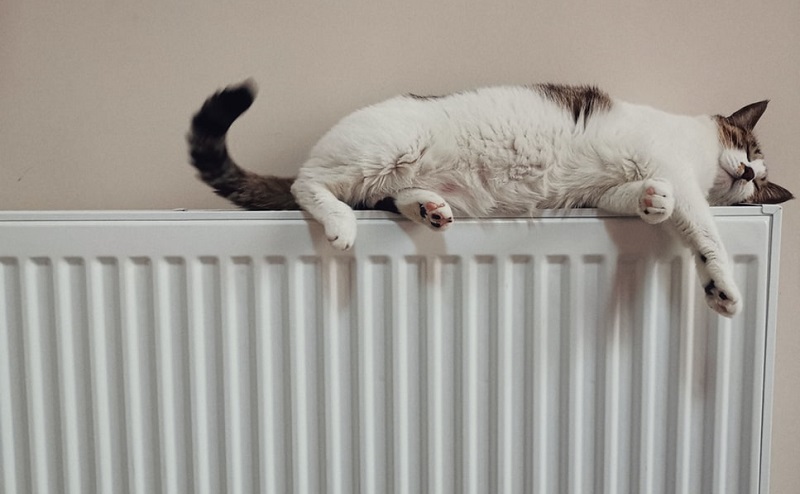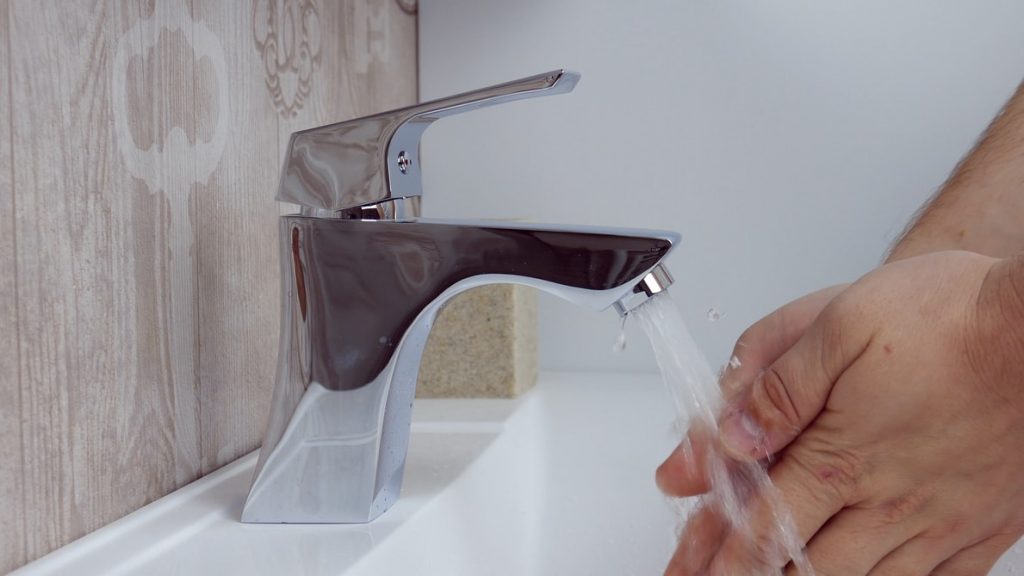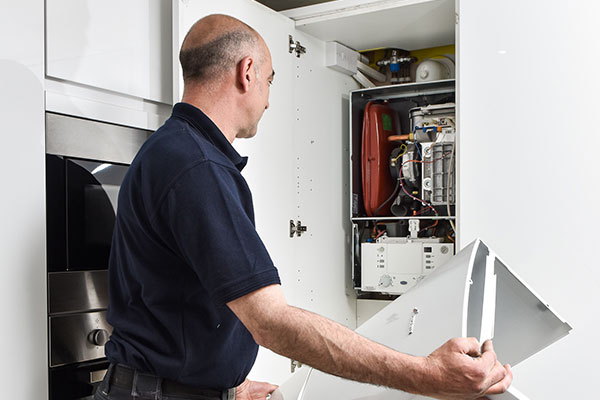Every home with gas central heating uses more gas in winter. When we turn our central heating on, our boilers use much more gas each day, and our usage costs start to creep up.
With the gas crisis and rising energy costs, there’s no better time to consider energy saving tactics at home. See 10 ways to reduce your gas bill in winter and get on top of the costs.
1. Set your heating with a timer
Save gas by only having your radiators on when you’re at home and awake. Most boilers are programmable, and you can buy wireless thermostats if your boiler isn’t. Set the heating to be on for when you need it and set the temperature to between 20-23 degrees.
2. Insulate your home
Heat is lost from the walls, doors, floors, windows, and roof of your home, driving your gas costs up. While you can’t prevent absolutely all heat loss, insulation does prevent a good proportion of heat escaping your home’s extremities. See our guide to the types of home insulation.
3. Bleed your radiators
Blocked water, air, and debris in radiators causes them to heat up slowly and leaves cold patches, causing them to work inefficiently. Bleeding your radiators helps them get hotter and is easy to do at home, without the need for professional help. See our guide to bleeding radiators here.
4. Switch energy provider
Sticking with the same energy provider for several years means the prices go up over time and you may be able to get a better deal elsewhere. Uswitch provides guides and tools for helping you compare tariffs and switch providers to get a cheaper rate for your gas and electricity.
Note: the ongoing energy crisis means it might not be the best time to switch for many customers. If you are with an energy provider that has recently collapsed, you can find advice from Ofgem on what to do, along with assurance your gas supply is covered.
5. Check your boiler pressure
Boiler pressure is one of the most common things that can go wrong with central heating systems, causing them to overwork. Your boiler pressure should be stable and between 1 and 2. Check it regularly and especially after periods of low usage. See how to repressurise your boiler.
6. Reduce your hot water temperature
Most household boilers produce water at a higher temperature than needed. Turning hot water down to 60° reduces energy consumption every time hot water is used. It is safer to set a maximum water temperature, particularly with children in the home, as it prevents scolding.
7. Get smart meters
Smart meters show you in real time how much energy you are using. You see in pounds and pence how much has been spent on energy that day, allowing you to keep a watchful eye and reduce your usage accordingly. Smart meters are installed free of charge by most energy providers.
8. Arrange a boiler service
Getting a boiler service checks the health and performance of your boiler. Old and poorly maintained boilers produce less heat for the energy they use, meaning you waste money. Servicing a boiler spots issues that may be causing your boiler to run inefficiently and fixes them.
9. Smart controls
Smart technology gives you complete control of your heating at home. Smart controls such as the tado° Wireless Smart Thermostat enable you to control the temperature of your home from a smartphone app, giving you total control over your heating.
10. Heat the rooms you use
When your heating is on but you’re not using a room, turn the radiators off to prevent wasted energy. You can do this manually or get smart heating with radiator controls. These allow you to control the temperature of each room with radiator specific thermostats.
If you want to reduce your gas bill in winter, try a few of these ideas. If you’d like to talk to us about your home energy use in the coming year, please get in touch on 0800 980 6018 or by emailing [email protected].











